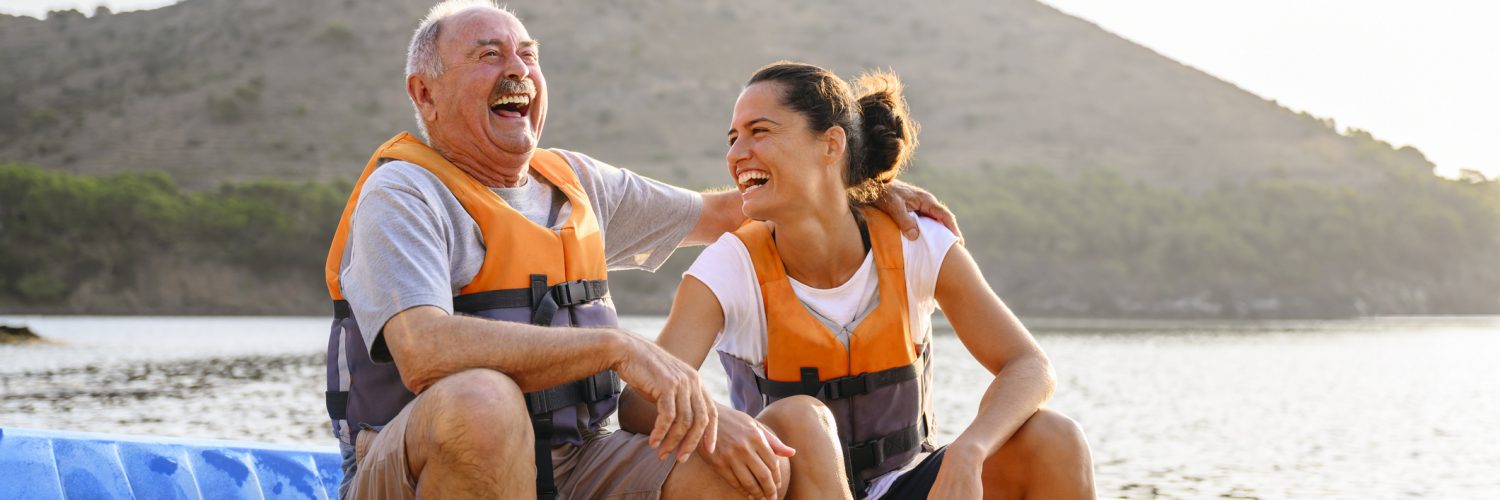 With summer’s arrival, we’re all eager to get outdoors to play and explore places near and far! These safety tips can help protect you from being sidelined:
With summer’s arrival, we’re all eager to get outdoors to play and explore places near and far! These safety tips can help protect you from being sidelined:
-
Protect against the elements
- Use sunscreen with an SPF of 30+ that blocks both UVA and UVB rays, wear sunglasses with UV protection, and wear a wide-brimmed hat. Try to stay in the shade from 10 AM to 2 PM, when the burning UV rays are most intense.
- Drink water frequently, especially if you’re wearing a mask or other clothing that traps heat, doing vigorous activity, or exerting yourself in high temperatures or at elevated or dry locations. Schedule vigorous activities for early morning or late afternoon.
- Apply tick and other bug repellents and wear long pants in grassy or woodsy areas.
-
Avoid summer picnic food poisoning.
Make sure that foods with mayo, dairy, eggs or meat are kept refrigerated and thoroughly cooked.
-
Bring a day-pack with essentials.
Consider including a mini first aid kit, needed medications, a mask, hand sanitizer, your photo ID, health insurance card and, if you have it, a copy of your vaccination card.
-
Check ahead for any COVID-19 safety precautions or restrictions for your destination.
Visit: https://wwwnc.cdc.gov/travel
-
Wear appropriate protective/safety gear.
Use bike helmets and life jackets. Wear closed-toe shoes and sunglasses when mowing the lawn. Additionally, if walking or biking after dark, wear reflective strips on your clothing and bike and use a small headlamp.
-
Safeguard your road trips.
Pack a flashlight, flares, batteries, jumper cables, reflective devices, a spare tire and tools to change it, a jug of water and a blanket; also include the phone number for roadside assistance. Plus, bring a detailed map as phone reception may not be reliable in all areas.
-
Be sensible and follow the rules!
Don’t drink if you’re boating or engaging in other water sports, for example. Follow warnings for swimming, staying on trails, building safe campfires, and using fireworks. On roadsides, always walk facing traffic, but bike in the same direction as traffic. Cross streets only at crosswalks. Let people know your intended routes/destinations and take a buddy to hike or swim with you, especially in unfamiliar areas.
-
One final safety reminder:
Go to the ER or call 911 for any severe or life-threatening injury. But even moderate pain, bleeding, difficulty breathing, swelling, nausea, burning, dizziness, and other symptoms should prompt you to call your doctor or visit urgent care.